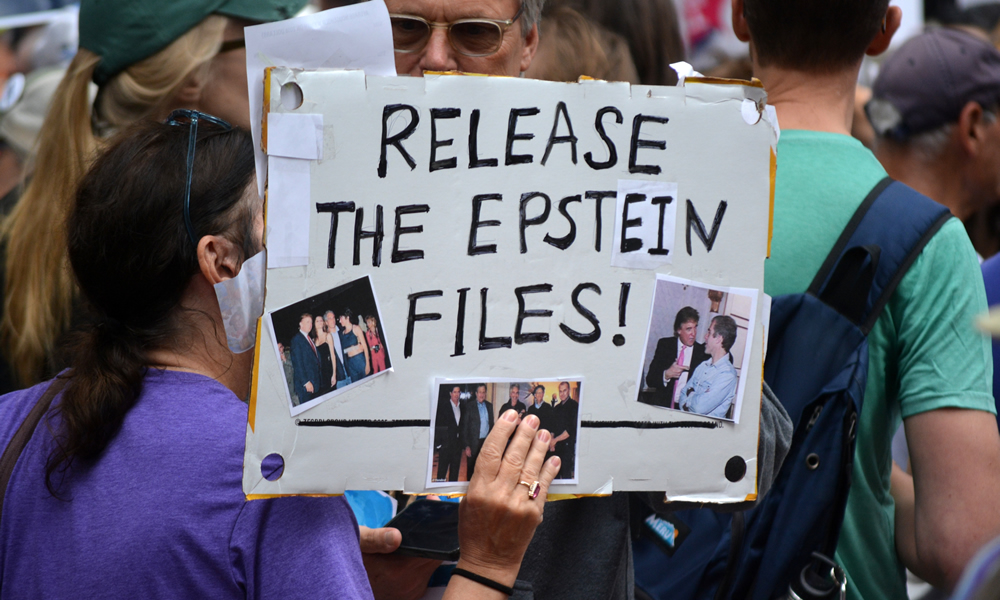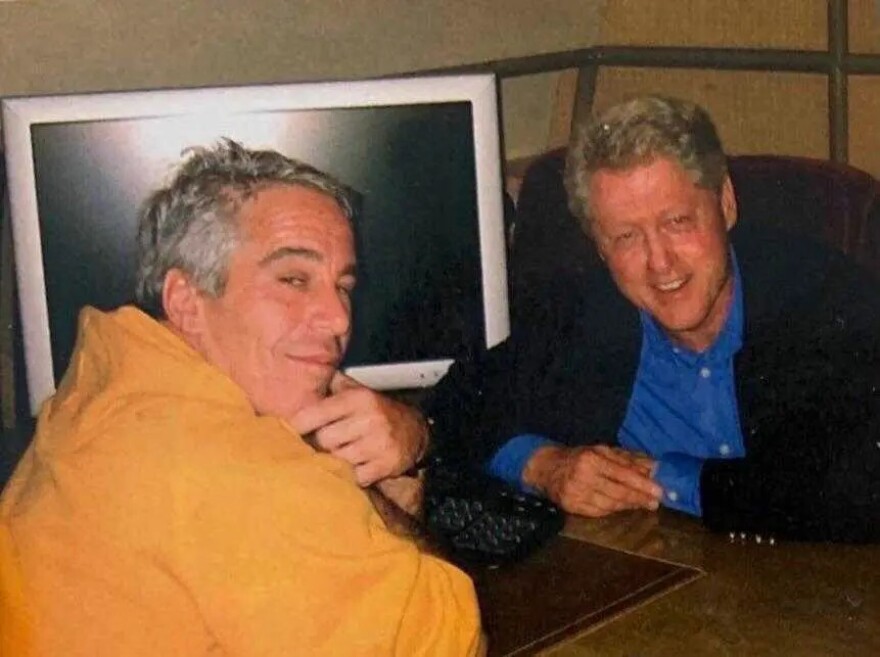President Donald Trump has signed a law instructing the Justice Department to release its files on convicted sex offender Jeffrey Epstein within 30 days. The move came after weeks of political pressure and a rare show of bipartisan unity in Congress, despite earlier attempts by Trump allies to block the measure.
In his announcement on Truth Social, Trump portrayed the bill as his own initiative, arguing that Democrats would be damaged more by the disclosures. In reality, the legislation advanced only after House Democrats and a group of Republicans forced a vote over objections from Trump loyalists, before passing overwhelmingly in both chambers.

The Epstein Files Transparency Act obliges the Justice Department to publish all unclassified Epstein related records in a searchable format and to provide congressional committees with an unredacted list of officials and politically exposed persons mentioned in the files. The measure responds to long standing demands from survivors and the public for clarity about how Epstein operated and who may have enabled him.
Loopholes that limit transparency
Despite its promise, the legislation includes broad carve outs. The Justice Department may withhold records that identify victims, contain child sexual abuse material, fall under court orders or could jeopardise active federal investigations. These exemptions mirror reasons already used to keep much of the file sealed and give officials significant scope to delay or heavily redact releases.
Attorney General Pam Bondi has vowed to follow the law and protect victims while pledging “maximum transparency”. Yet she has also said “new information” has prompted investigators to reopen elements of the case, without providing details, a development that could itself justify maintaining secrecy.

Some survivors have cautiously welcomed the law. Maria Farmer, the first woman to report Epstein and Ghislaine Maxwell to police in the 1990s, said Congress had finally listened after decades of inaction across multiple administrations. Campaigners warn that a heavily redacted release could instead deepen mistrust and feed speculation that powerful names are being shielded.
Political stakes for Trump
Trump’s past social relationship with Epstein continues to cast a shadow, even as he denies any involvement in or knowledge of Epstein’s crimes. By signing the bill, he aims to satisfy a base that has demanded the files be opened while preserving space for his administration to limit disclosures through the exemptions.
The Justice Department now faces a tight deadline and close scrutiny. The key question is not only whether it begins releasing records within 30 days, but how broadly it interprets the exemptions. The extent of redactions will determine whether the law delivers meaningful transparency on one of the most notorious abuse scandals of recent decades or merely repackages an already opaque record behind a new promise of openness.
